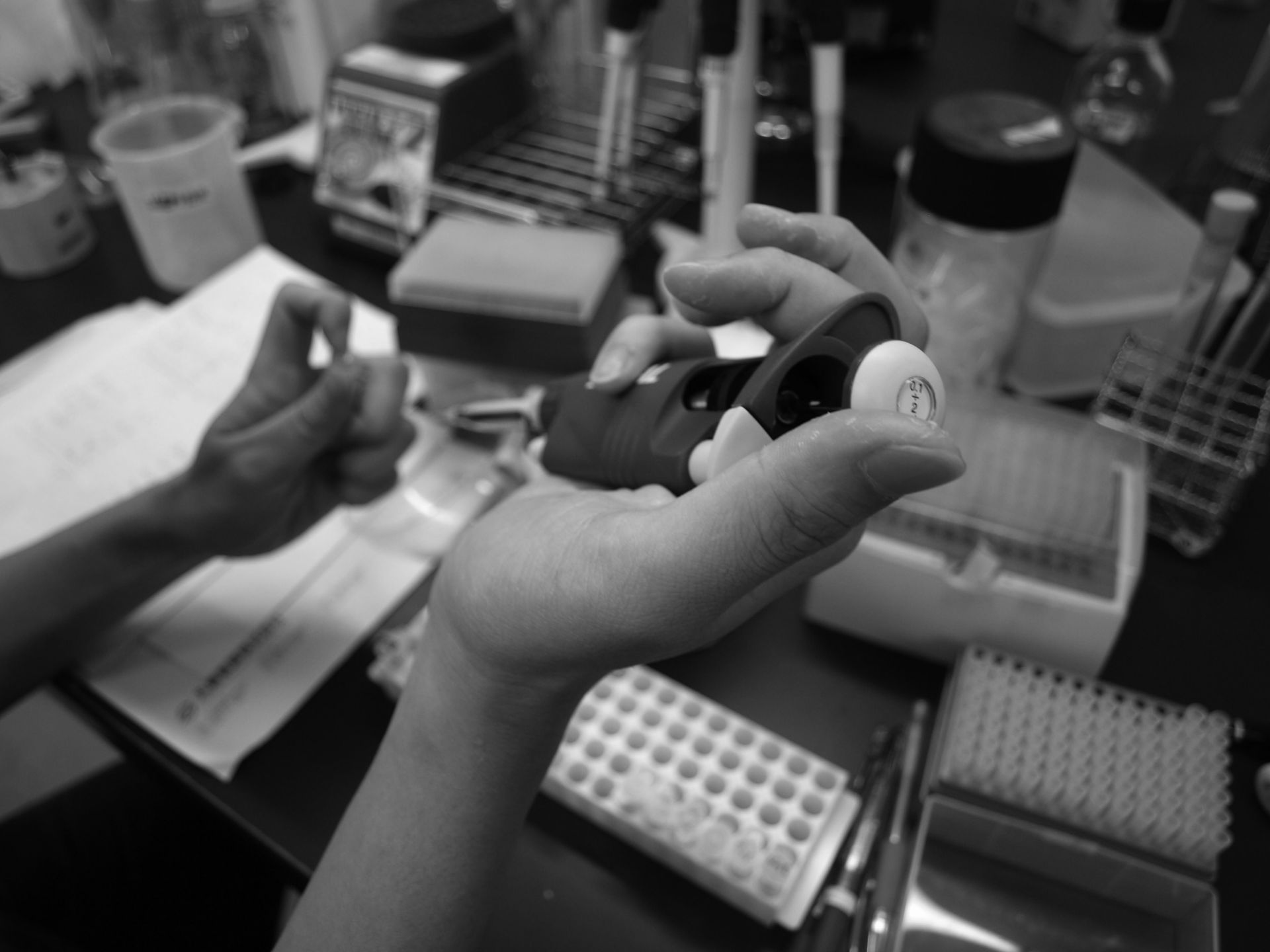Team:KIT-Kyoto/HumanPractice/discussion
From 2014.igem.org
(Difference between revisions)
| Line 160: | Line 160: | ||
tr{ | tr{ | ||
margin:0px 0px 0px 10px; | margin:0px 0px 0px 10px; | ||
| - | + | border-bottom:1px dashed gray; | |
} | } | ||
h3{ | h3{ | ||
Revision as of 10:18, 17 October 2014



Policy & Practices
Discussion
iGEM projects involve significant questions beyond the bench, for example ethics, safety or property rights. We discussed how we can approach these problems and took following actions as our Policy & Practices activities then summarized the achievements.
Ethics
Problem
The results of our survey on genetic engineering suggest that the level of knowledge about genetic engineering is generally very low and that with the very limited knowledge many people have negative perception about genetic engineering, especially on the ethical aspect.
Actions We Took
| Workshop: | Participants created BioArt using E. coli ink. |
| High School Visit: | To educate students about the utility, safety and ethical acceptability of genetic engineering. |
| Open House: | Poster presentation and oral presentation on iGEM and GM to high school students and their parents. |
Achievement
Through these activities, we were successfully able to educate people in general that genetic engineering and synthetic biology are fun and close to our everyday life.
Safety
Problems
- It can pose potential danger to people and the ecosystem if they take in genetically modified E. coli.
- As a result of genetic engineering, mutation might come about and unsafe characters might appear.
- People who are conducting the experiment can be in danger.
Actions we took
- Cast on autoclave or grind the cells to sterilize.
- & 3. All experiments were carried out following the established protocols attentively in the restraining area.
Other
Problem
- We might unintentionally infringe the intellectual property right.
- If genetic engineering becomes so easy and simple that everyone can conduct it, those who are not educated technically and ethically will also conduct genetic engineering with malicious intensions.
- Genetic engineering may trigger monopoly of intellectual property, hampering the sound advancement of science.
 "
"





